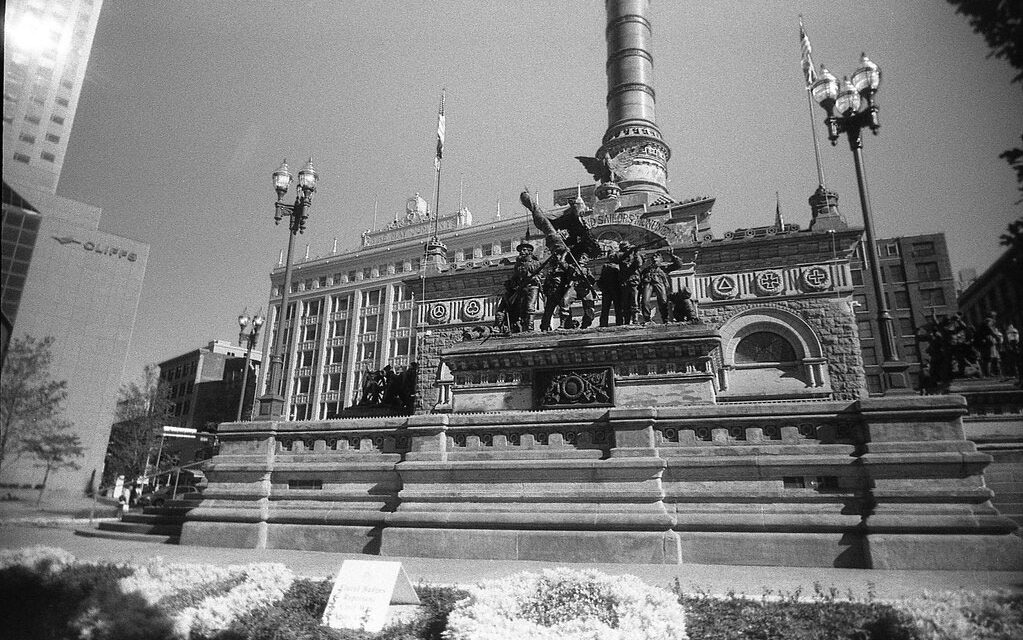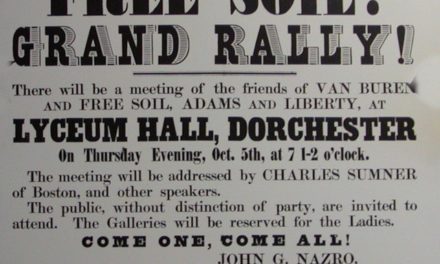CLEVELAND HISTORY
Lightning Strikes Camp Julia Crowell (August 4, 1959): During a summer storm at the Girl Scout Camp in Richfield (then part of Greater Cleveland), two 13‑year‑old campers were tragically killed and two others injured by lightning. This event prompted substantial safety reforms in outdoor youth camps nationwide.
Puerto Rican Parade of Greater Cleveland (August 4, annually since 1972): On this date each year, Greater Cleveland hosts the Puerto Rican Parade, celebrating the Puerto Rican community’s heritage with colorful floats, music, and dance—an enduring cultural festival marked by education and unity in the city.
Convention Center Labor Agreement Signed (August 4, 1963): After weeks of protests, the United Freedom Movement, with federal support, reached a historic agreement with union locals to integrate Black trade workers into the Cleveland Convention Center construction project. The deal paved the way for civil rights progress in skilled labor.
First U.S. Traffic Signal Installed (August 5, 1914): Cleveland introduced America’s first electric traffic signal at the intersection of East 105th Street and Euclid Avenue. This innovation marked a major milestone in urban safety and traffic management.
Soldiers’ & Sailors’ Monument Restoration (August 10, 1947): Cleveland welcomed the 81st National Encampment of the Grand Army of the Republic. In conjunction with the event, the historic Soldiers’ & Sailors’ Monument in Public Square received a formal cleaning and rededication, reaffirming the city’s respect for its Civil War veterans.
WORLD HISTORY
Capture of Gibraltar (August 4, 1704): During the War of the Spanish Succession, an Anglo-Dutch fleet captured Gibraltar, marking the beginning of British control over the territory—a status that continues today.
French Abolish Feudalism (August 4, 1789): The National Constituent Assembly of France passed the August Decrees, effectively abolishing feudal privileges. This was a major step in dismantling the old régime during the early phase of the French Revolution.
Britain Enters World War I (August 4, 1914): King George V declared war on Germany after its forces violated Belgian neutrality. This marked Britain’s official entry into World War I and prompted declarations of war from its dominions.
Idi Amin Orders Expulsion of Asians from Uganda (August 4, 1972): Ugandan President Idi Amin issued a decree expelling approximately 50,000 British Asians from Uganda within three months, a move that had massive repercussions on the country’s economy and society.
Declaration of Independence of Quito (August 10, 1809): Movements in Quito (modern-day Ecuador) proclaimed independence from Spanish rule—though definitive independence was only achieved in 1822. This event is celebrated as the beginning of Ecuador’s struggle for autonomy.







